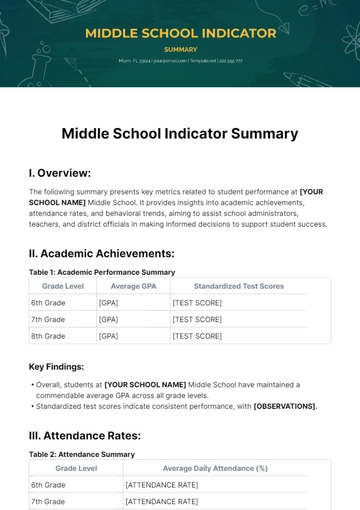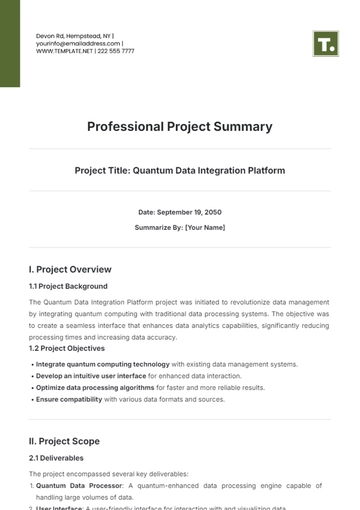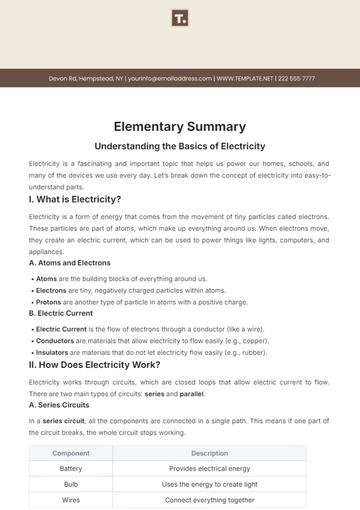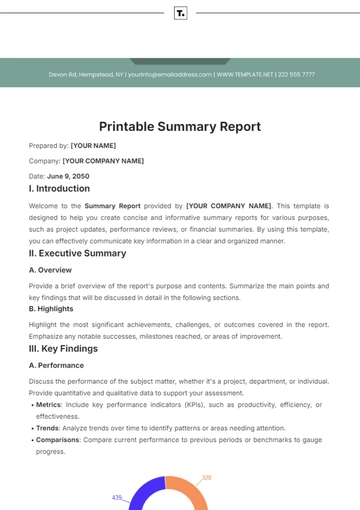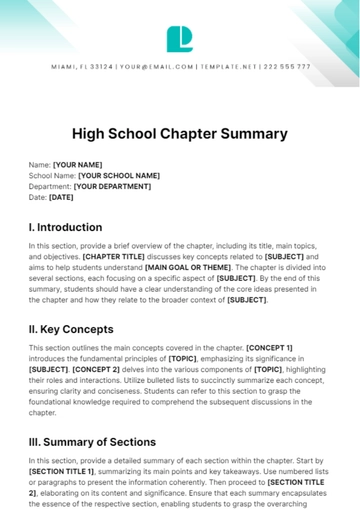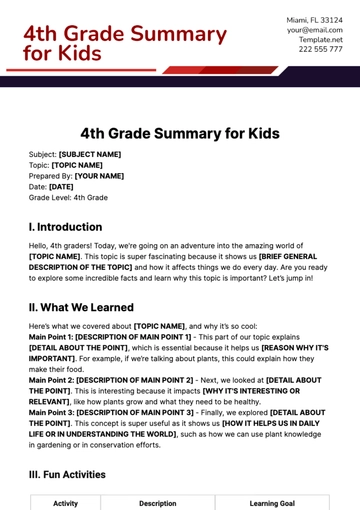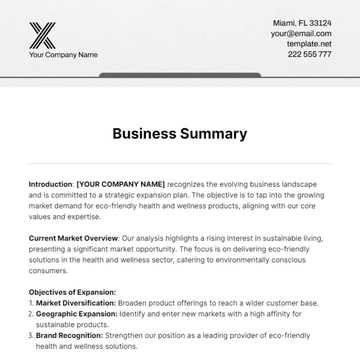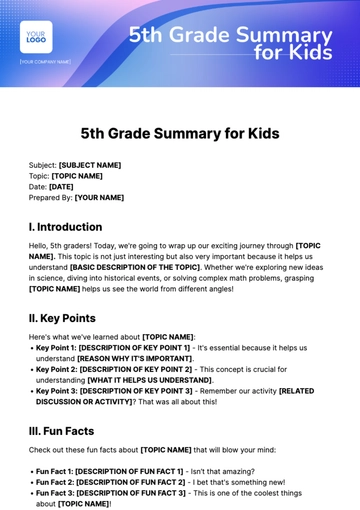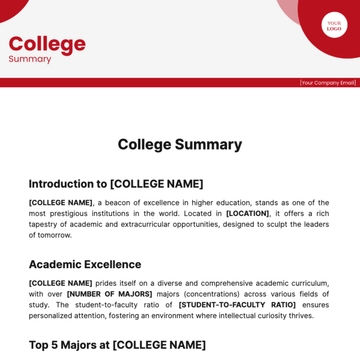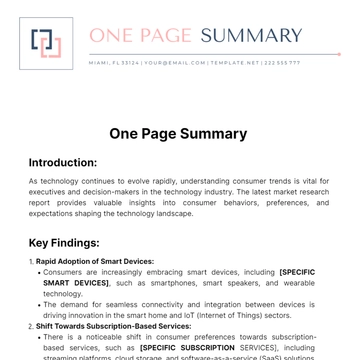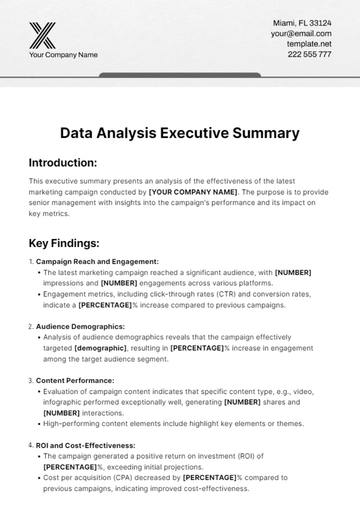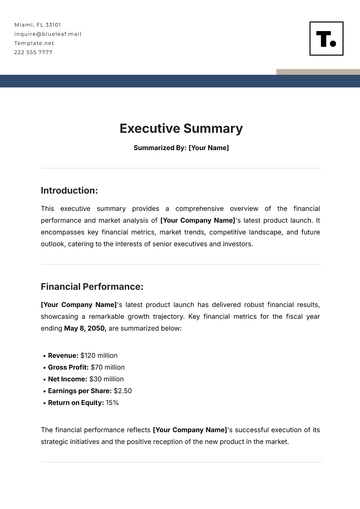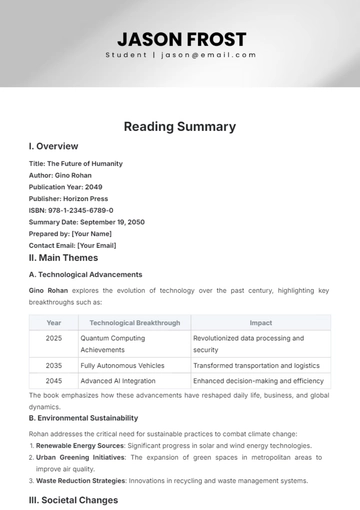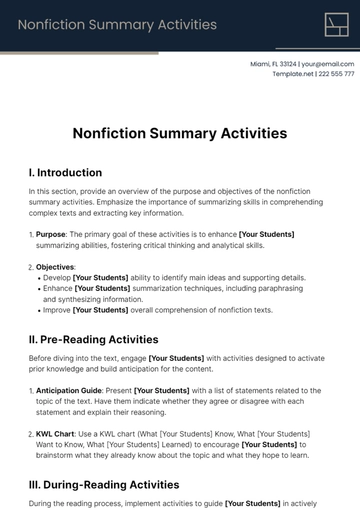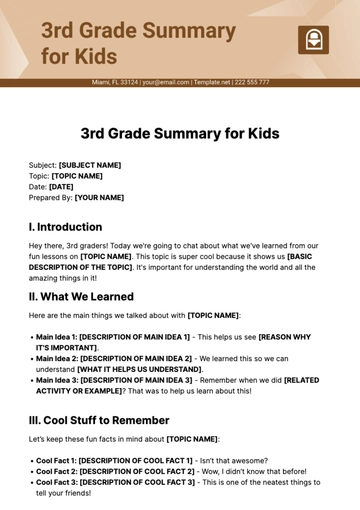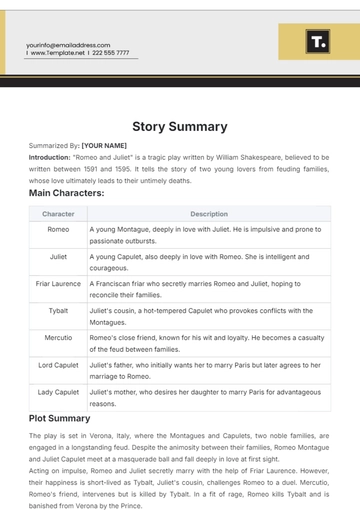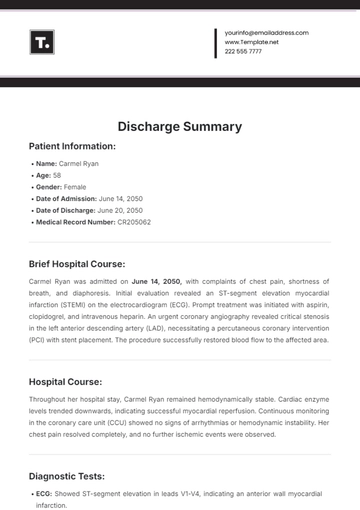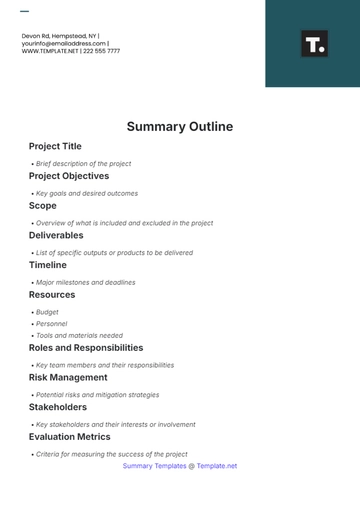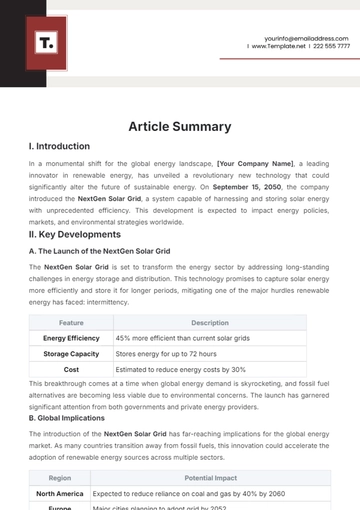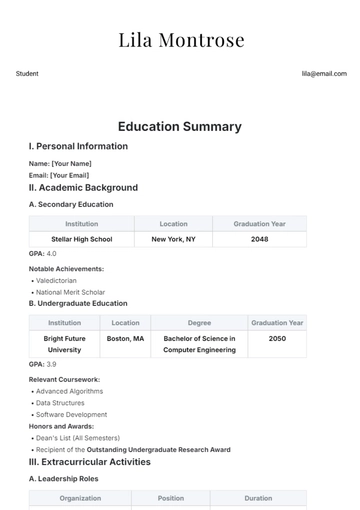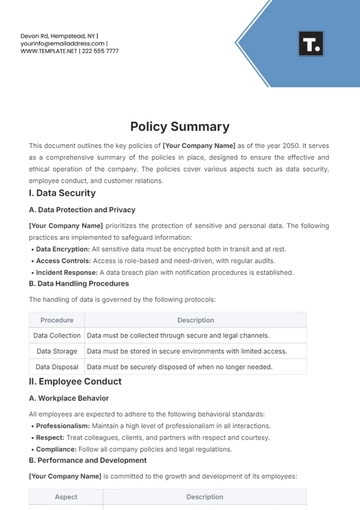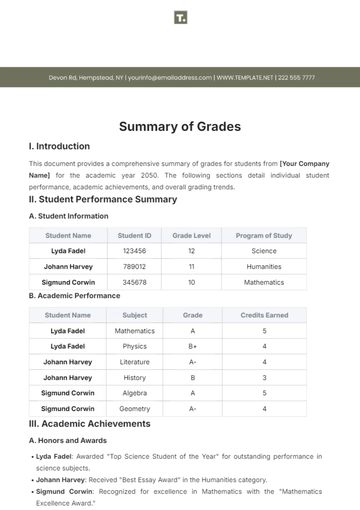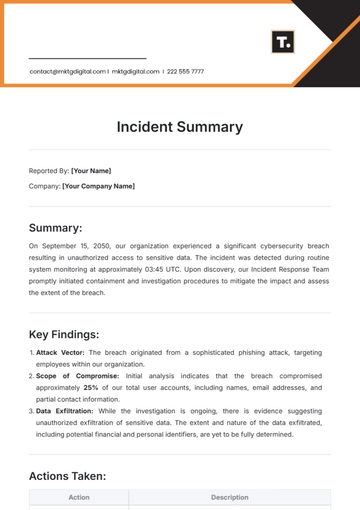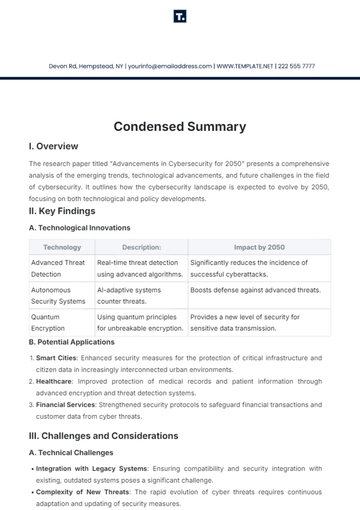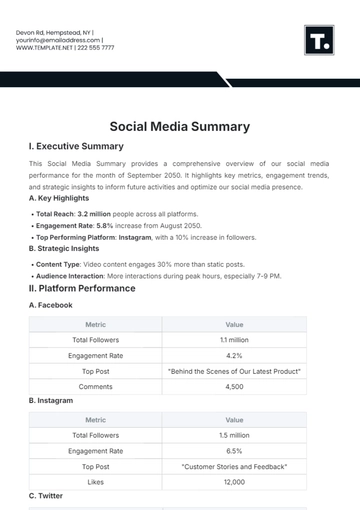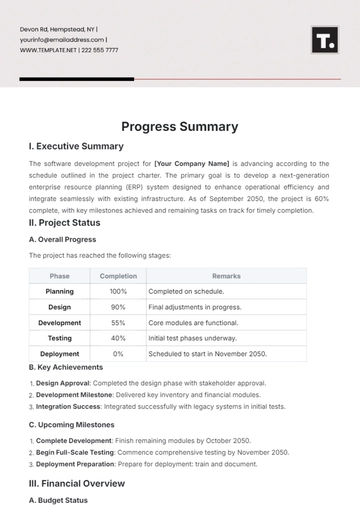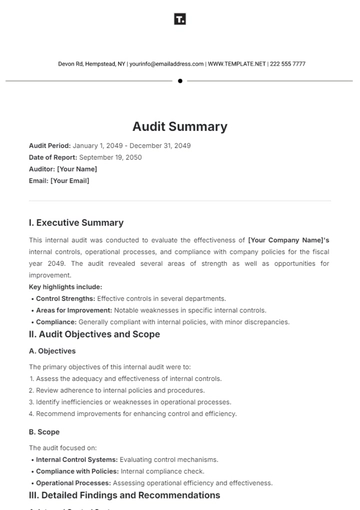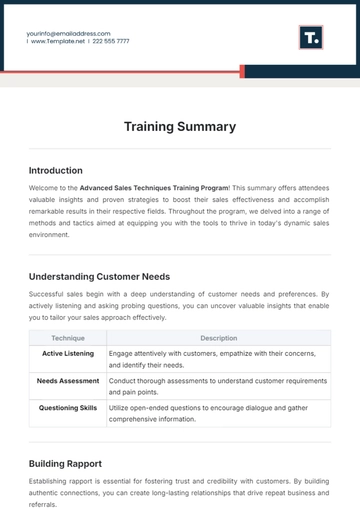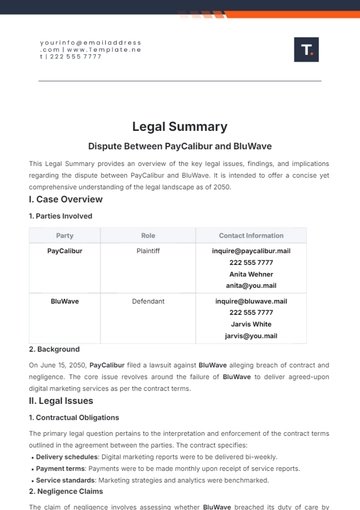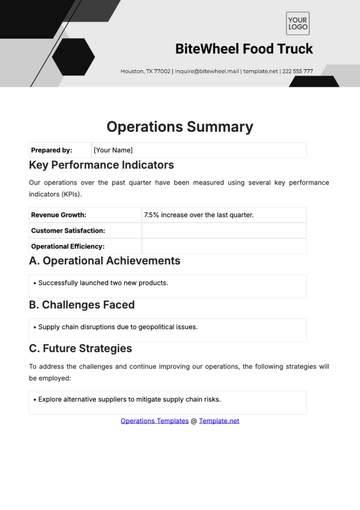Free Article Summary
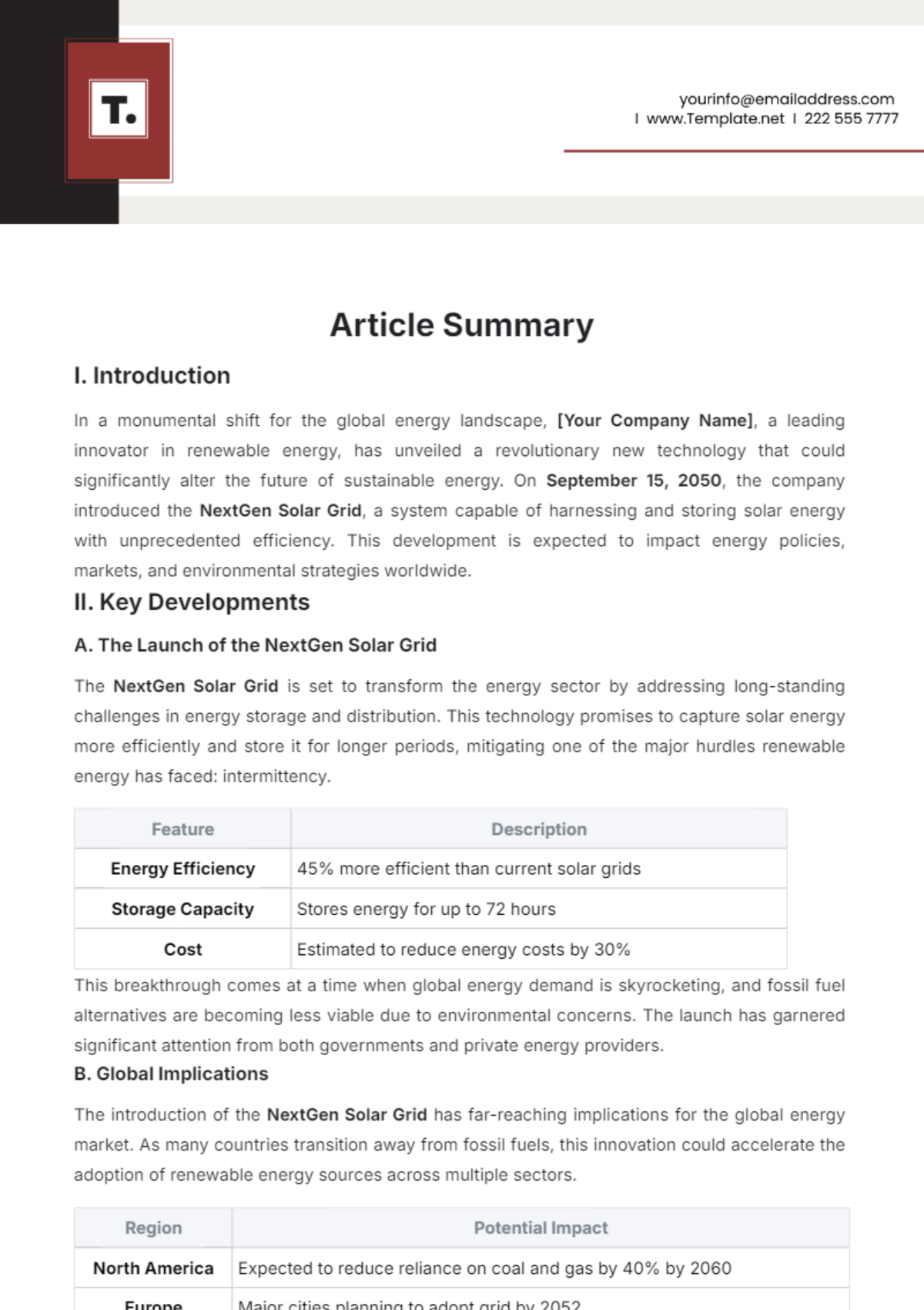
I. Introduction
In a monumental shift for the global energy landscape, [Your Company Name], a leading innovator in renewable energy, has unveiled a revolutionary new technology that could significantly alter the future of sustainable energy. On September 15, 2050, the company introduced the NextGen Solar Grid, a system capable of harnessing and storing solar energy with unprecedented efficiency. This development is expected to impact energy policies, markets, and environmental strategies worldwide.
II. Key Developments
A. The Launch of the NextGen Solar Grid
The NextGen Solar Grid is set to transform the energy sector by addressing long-standing challenges in energy storage and distribution. This technology promises to capture solar energy more efficiently and store it for longer periods, mitigating one of the major hurdles renewable energy has faced: intermittency.
Feature | Description |
|---|---|
Energy Efficiency | 45% more efficient than current solar grids |
Storage Capacity | Stores energy for up to 72 hours |
Cost | Estimated to reduce energy costs by 30% |
This breakthrough comes at a time when global energy demand is skyrocketing, and fossil fuel alternatives are becoming less viable due to environmental concerns. The launch has garnered significant attention from both governments and private energy providers.
B. Global Implications
The introduction of the NextGen Solar Grid has far-reaching implications for the global energy market. As many countries transition away from fossil fuels, this innovation could accelerate the adoption of renewable energy sources across multiple sectors.
Region | Potential Impact |
|---|---|
North America | Expected to reduce reliance on coal and gas by 40% by 2060 |
Europe | Major cities planning to adopt grid by 2052 |
Asia-Pacific | Governments pushing for rapid deployment to support growing energy needs |
C. Environmental Impact
The environmental benefits of this innovation are profound. It is estimated that widespread adoption of the NextGen Solar Grid could reduce global carbon emissions by 25% within the next decade, helping to slow the acceleration of climate change.
D. Market Response
Following the announcement, shares of [Your Company Name] surged by 20% on global stock markets. Energy analysts are predicting further growth in the renewable energy sector as the technology becomes available for commercial use.
Company | Stock Market Increase |
|---|---|
[Your Company Name] | 20% |
Solar Future Inc. | 15% |
EcoTech Energy | 12% |
III. Stakeholder Reactions
A. Government Response
Governments across the globe have been quick to react. In a statement, the United Nations Energy Council praised the innovation, calling it a "milestone in the global fight against climate change." Various national governments are now in talks with [Your Company Name] to explore potential partnerships and subsidies for mass deployment.
B. Industry Experts' Opinions
Industry experts have also weighed in. Dr. Marcus Trent, a leading energy analyst, commented: "This technology could be the tipping point for achieving energy independence in many parts of the world. The capacity to store energy for up to 72 hours means we are moving toward a future where renewable energy can be a stable, reliable source."
IV. Timeline for Adoption
A. Phased Rollout Plan
[Your Company Name] has outlined a phased rollout plan for the NextGen Solar Grid, focusing on high-demand regions first.
Phase | Region | Expected Launch Date |
|---|---|---|
Phase 1 | North America | Q1 2051 |
Phase 2 | Europe | Q3 2051 |
Phase 3 | Asia-Pacific | Q1 2052 |
The company has already begun setting up pilot projects in California, Germany, and Japan, where energy demands and government support for renewable energy are high.
B. Long-Term Projections
By 2055, [Your Company Name] expects the NextGen Solar Grid to be fully operational in over 60% of the world's major urban centers, providing a sustainable alternative to fossil fuel-based energy sources.
V. Challenges and Opportunities
A. Technical Hurdles
Despite the excitement surrounding the technology, there are still several challenges to overcome. [Your Company Name] has acknowledged that the initial deployment of the NextGen Solar Grid will require significant infrastructure upgrades in many regions.
Challenge | Description |
|---|---|
Grid Compatibility | Many countries’ grids will need modernization |
Cost of Upgrades | Initial investment could be high for developing nations |
B. Economic Opportunities
On the flip side, the long-term economic benefits could be substantial. Lower energy costs and reduced reliance on fossil fuels are expected to save billions of dollars globally in the next few decades. Furthermore, the creation of new jobs in the renewable energy sector will likely contribute to economic growth, especially in developing regions.
VI. Conclusion
The unveiling of the NextGen Solar Grid by [Your Company Name] represents a critical leap forward in renewable energy technology. As governments and industries worldwide focus on reducing carbon footprints and addressing the challenges of climate change, this innovation could play a pivotal role in reshaping the future of energy.
For more information, or to get in touch with [Your Company Name], please contact:
Editor: [Your Name]
Email: [Your Email]
- 100% Customizable, free editor
- Access 1 Million+ Templates, photo’s & graphics
- Download or share as a template
- Click and replace photos, graphics, text, backgrounds
- Resize, crop, AI write & more
- Access advanced editor
Introducing the Article Summary Template by Template.net: Your go-to solution for crafting captivating summaries effortlessly. This customizable and editable template, seamlessly integrates with our AI Editor Tool, ensuring a streamlined process. Craft concise summaries tailored to your needs with ease. Experience efficiency like never before!
